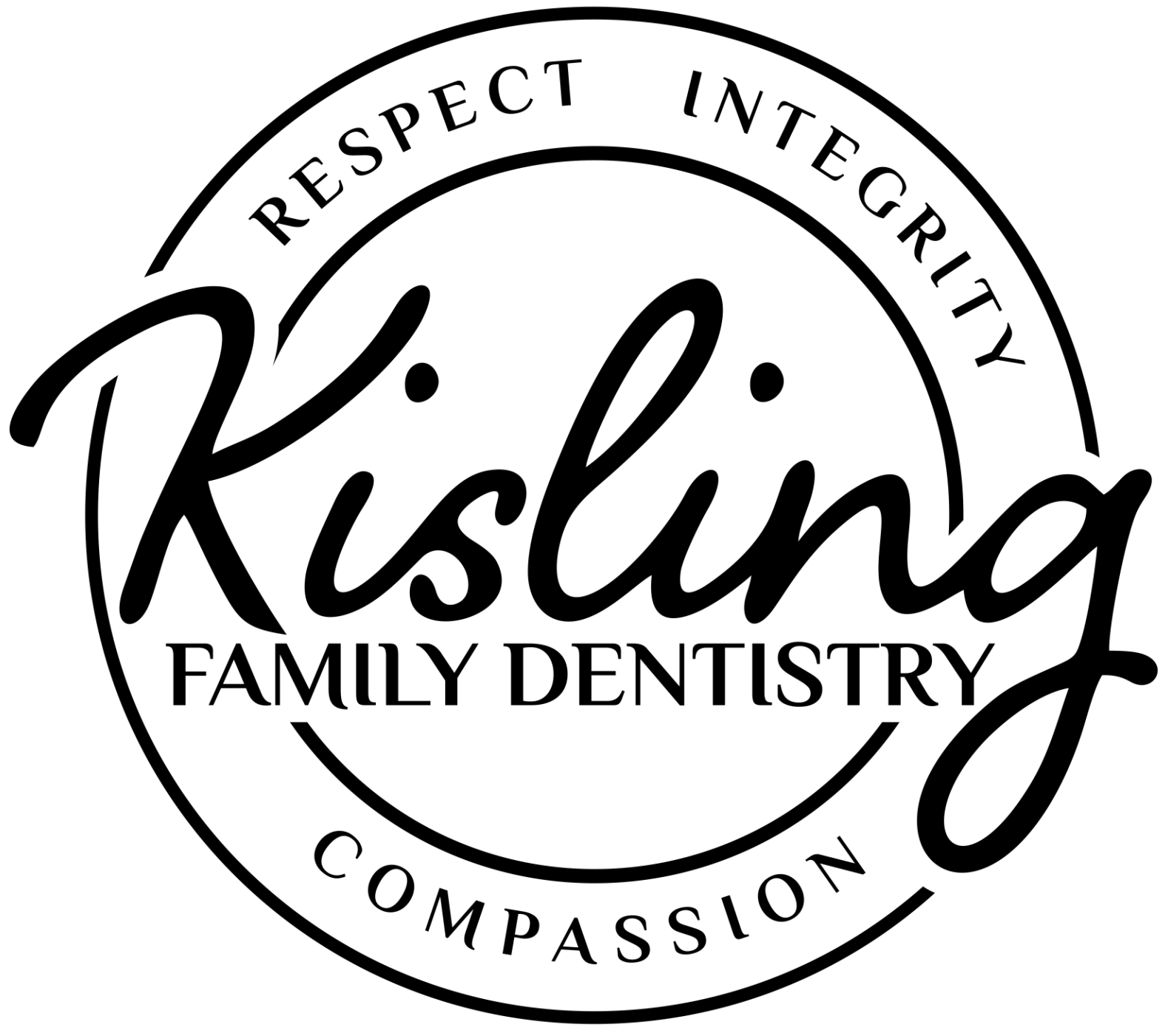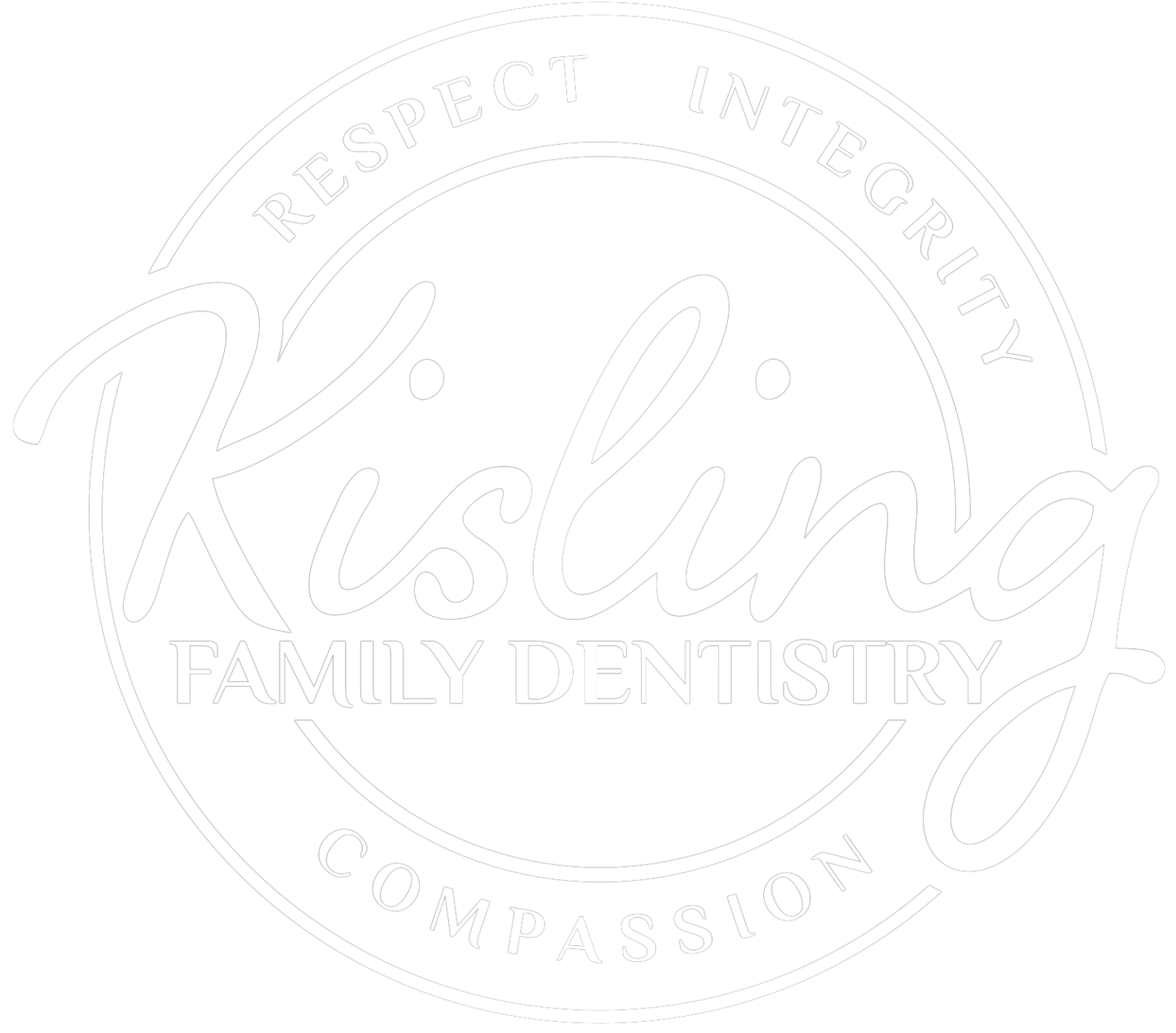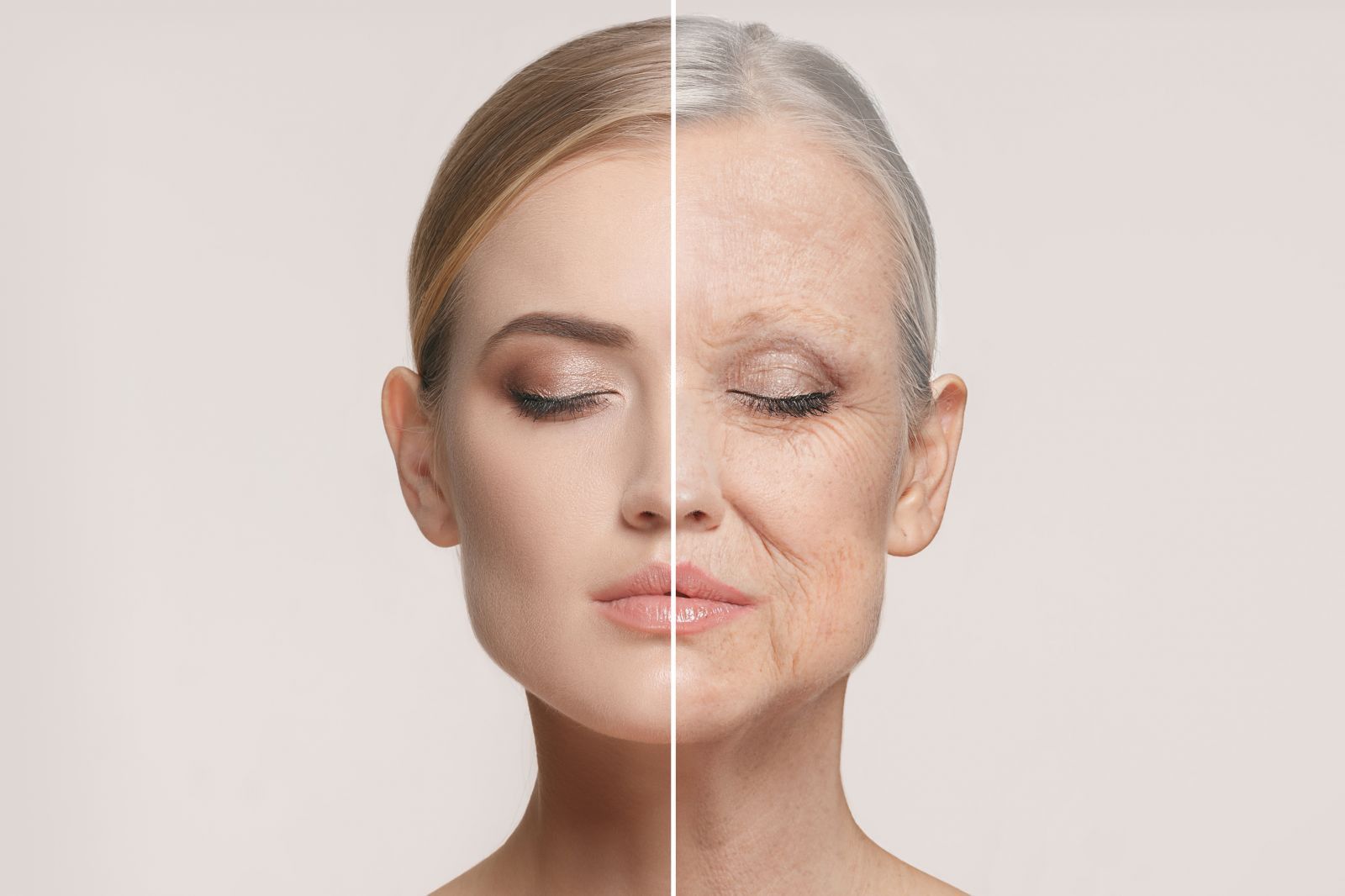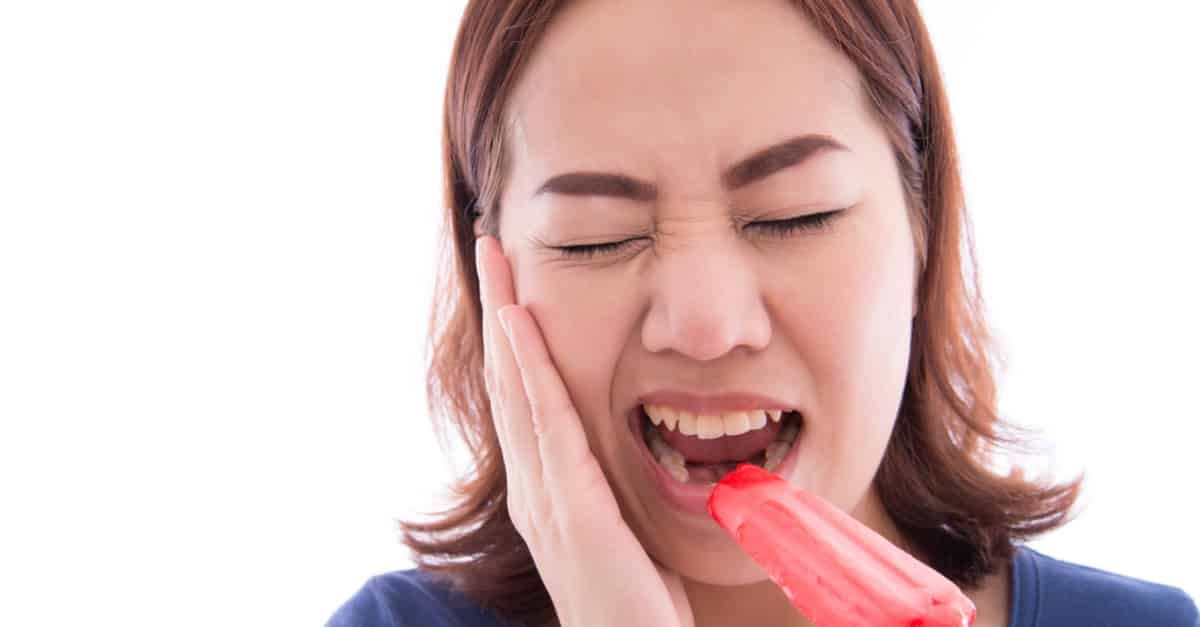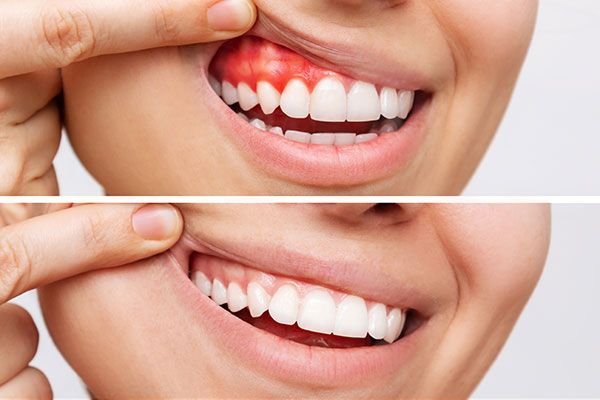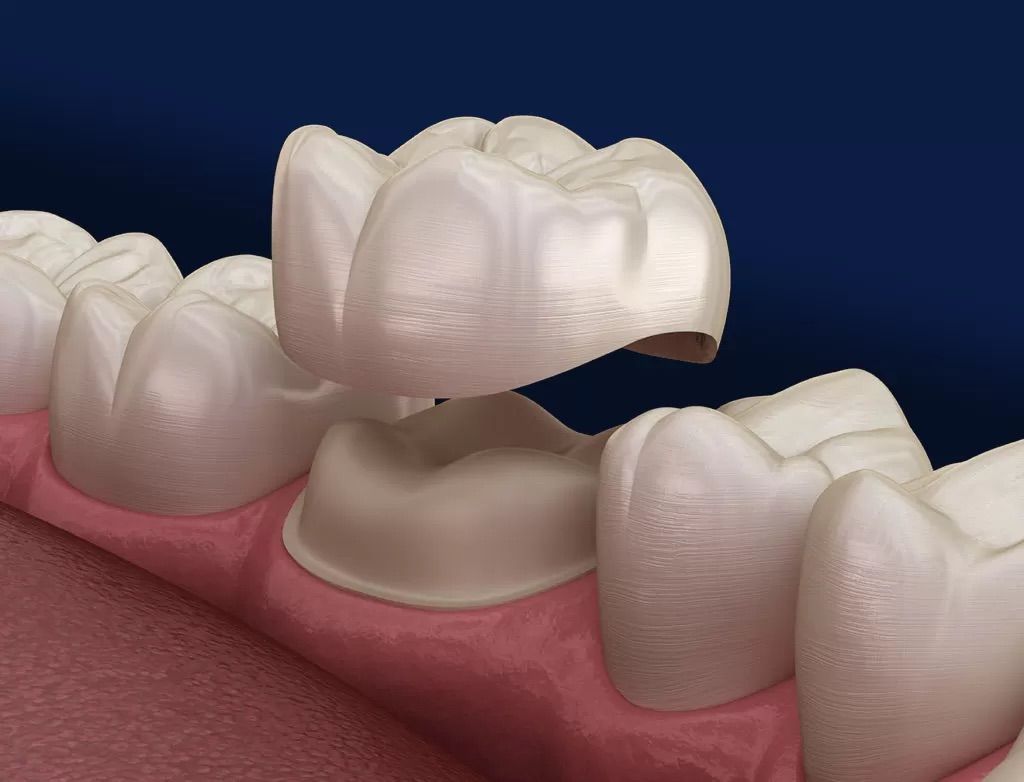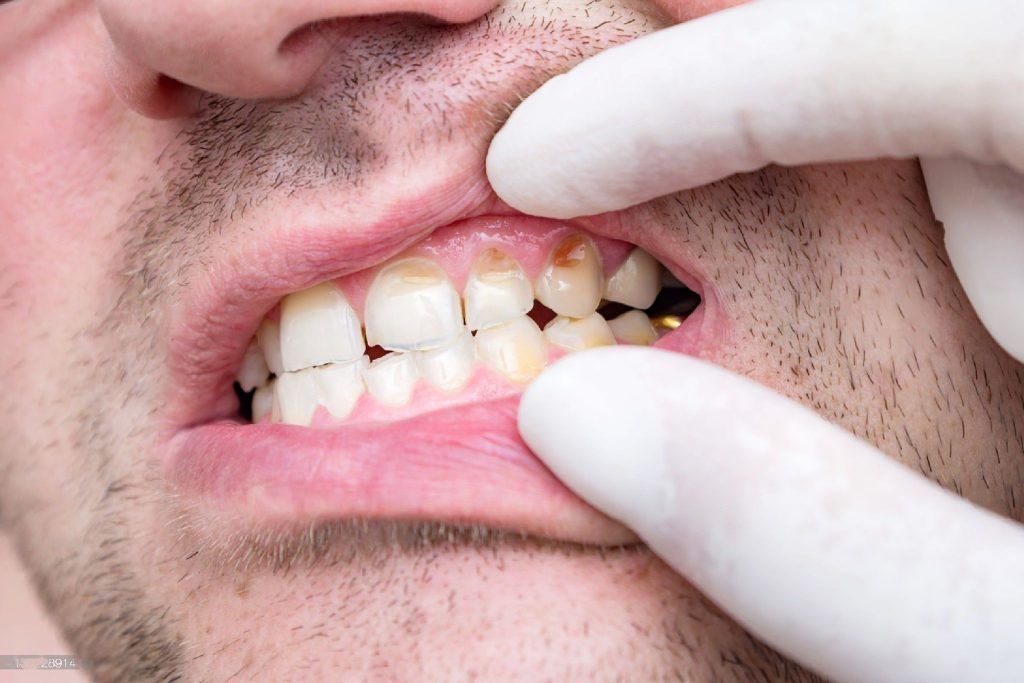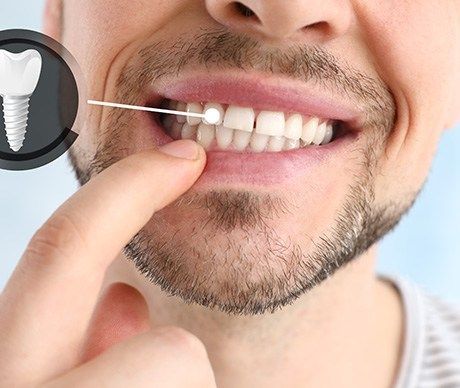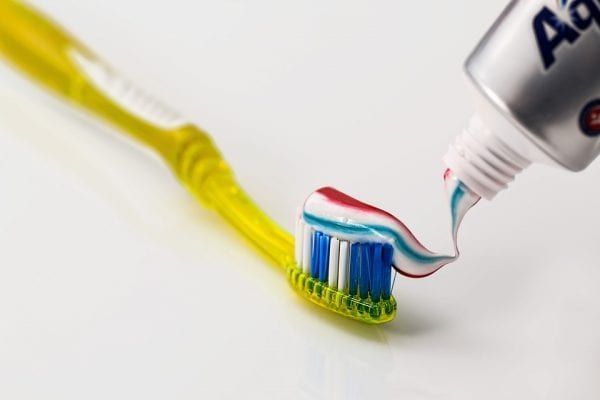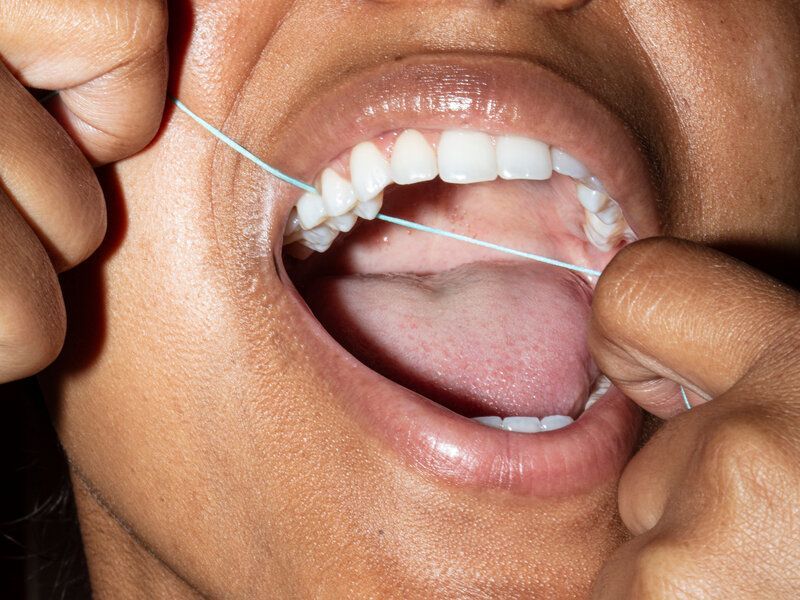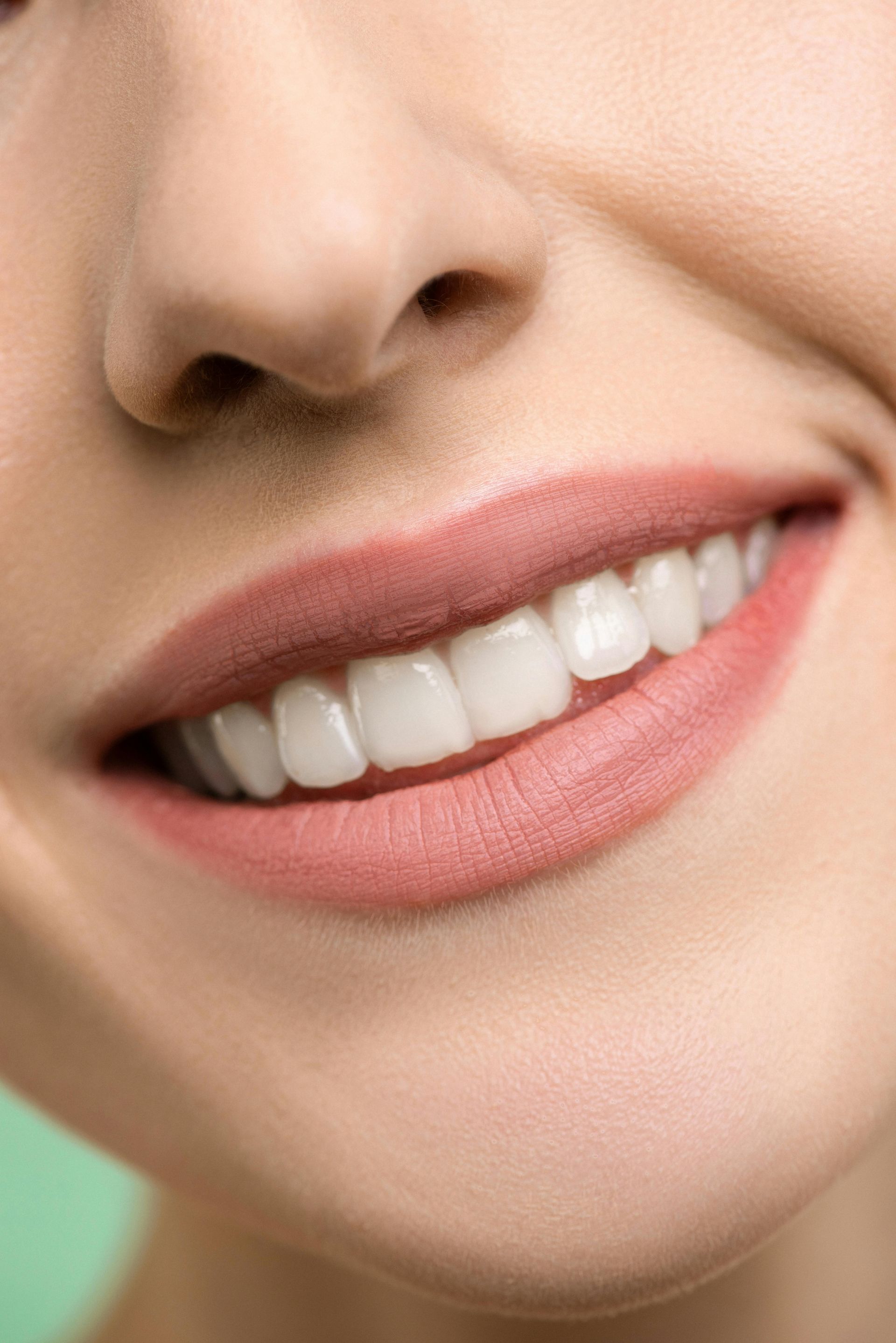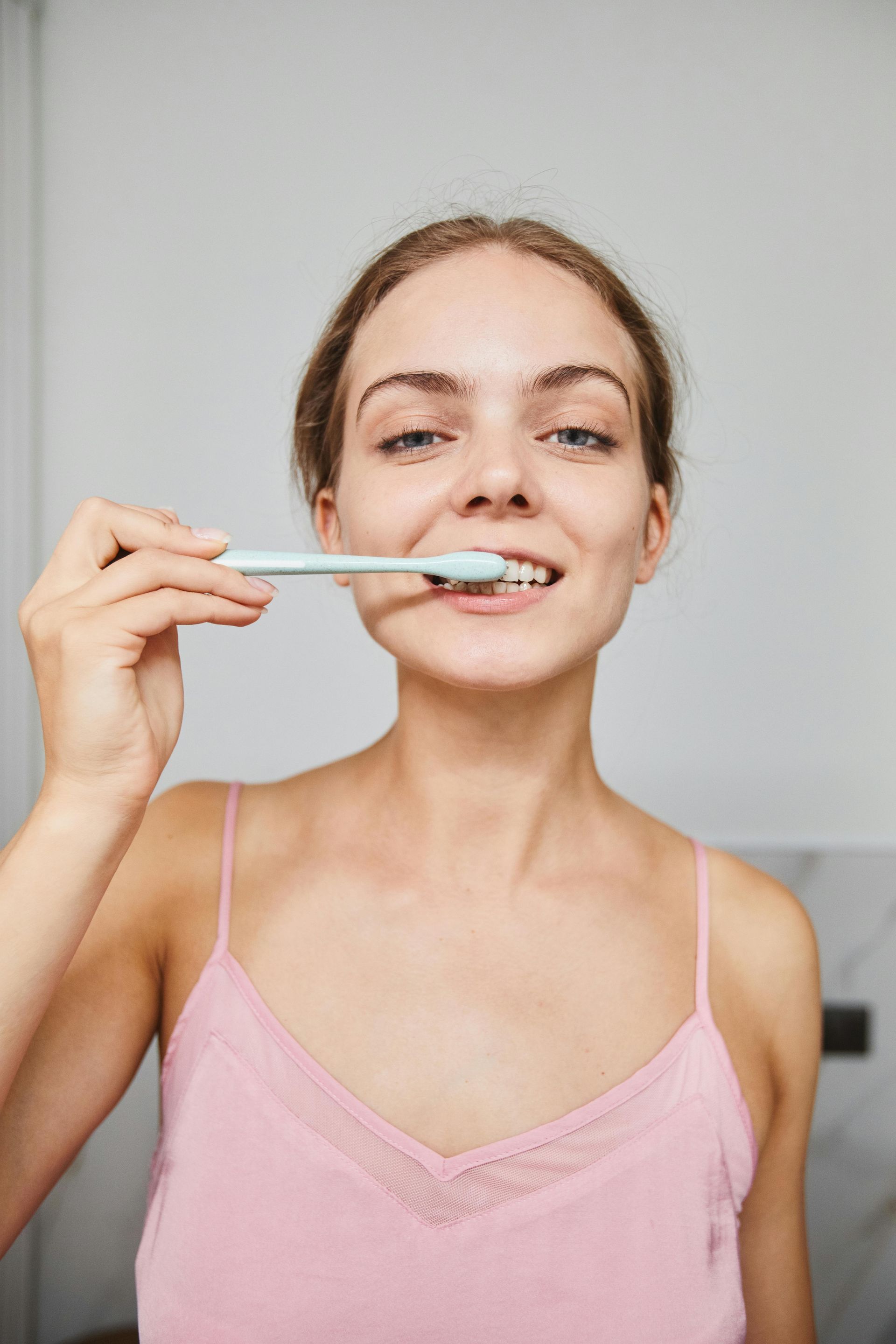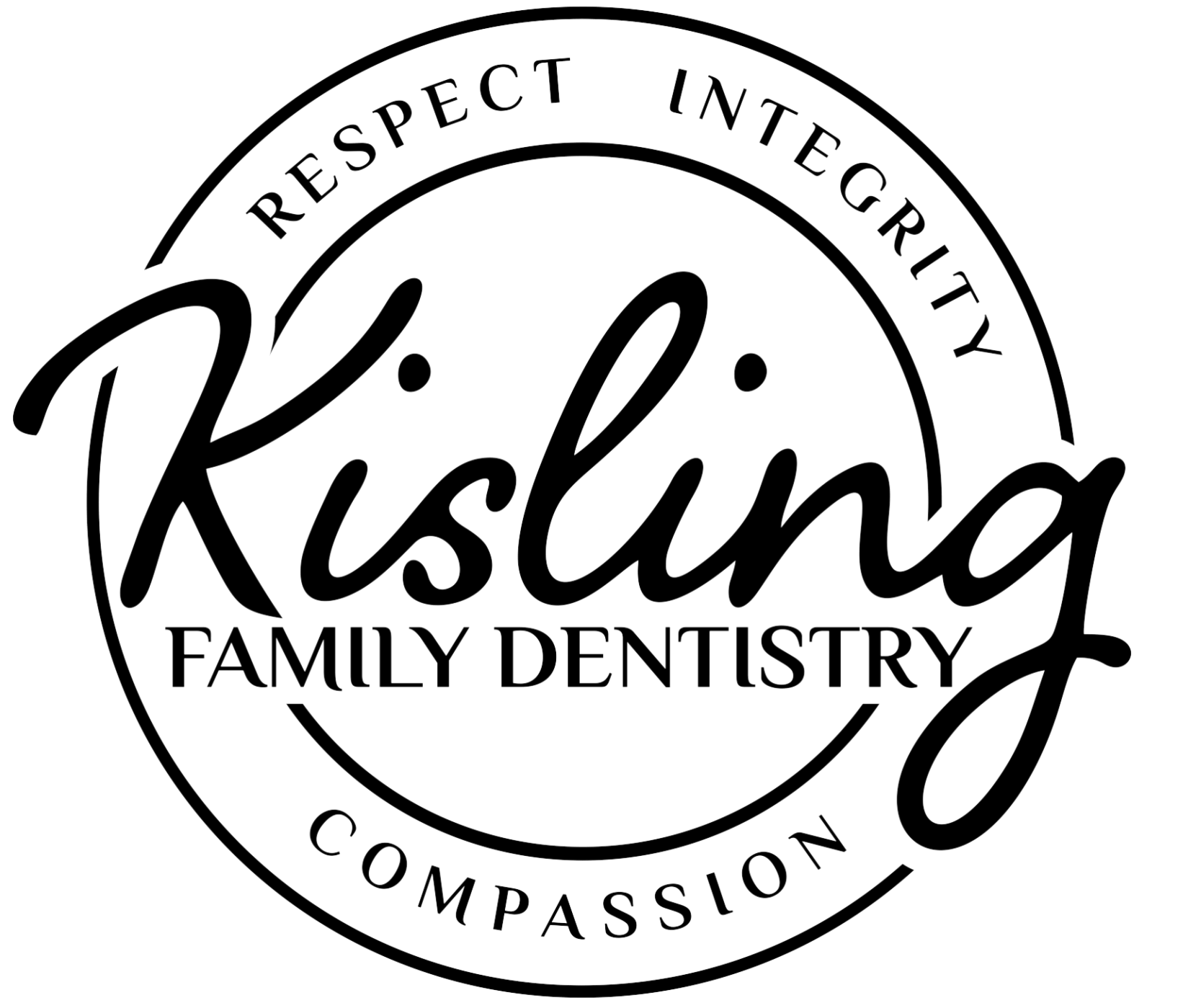The Connection Between Oral Health and Sleep Apnea
Understanding Oral Health and Sleep Apnea
Kisling Family Dentistry, Dr. Rebecca Kisling | Leawood, KS
Sleep apnea is a serious sleep disorder characterized by interruptions in breathing during sleep. This condition not only affects the quality of sleep but also has significant implications for overall health. Interestingly, there is a strong connection between oral health and sleep apnea, highlighting the importance of dental care in diagnosing and managing this condition.
Understanding Sleep Apnea
- Types of Sleep Apnea
- Obstructive Sleep Apnea (OSA): The most common type, caused by the relaxation of throat muscles, leading to blocked airways.
- Central Sleep Apnea: Occurs when the brain fails to send proper signals to the muscles that control breathing.
- Complex Sleep Apnea Syndrome: A combination of both obstructive and central sleep apnea.
- Symptoms
- Loud Snoring: One of the most common indicators of sleep apnea.
- Gasping for Air: Waking up abruptly with a sensation of choking or gasping.
- Daytime Fatigue: Excessive tiredness and difficulty concentrating during the day.
- Morning Headaches: Frequent headaches upon waking up.
The Oral Health Connection
- Role of Dentists in Diagnosis
- Observation: Dentists can notice signs of sleep apnea during routine exams, such as tooth wear from grinding, a small jaw, or a large tongue.
- Screening: Dentists may ask about sleep patterns and refer patients for sleep studies if they suspect sleep apnea.
- Oral Health Issues Linked to Sleep Apnea
- Bruxism (Teeth Grinding): Common in sleep apnea patients, leading to worn teeth and jaw pain.
- Dry Mouth: Frequent in sleep apnea sufferers due to mouth breathing, increasing the risk of tooth decay and gum disease.
- Periodontal Disease: Inflammation and infection of the gums, which can exacerbate sleep apnea symptoms.
Dental Treatments for Sleep Apnea
- Oral Appliances
- Mandibular Advancement Devices (MADs): These devices reposition the lower jaw forward, keeping the airway open during sleep.
- Tongue Retaining Devices: These appliances hold the tongue in place to prevent airway obstruction.
- Benefits of Dental Devices
- Non-Invasive: Unlike CPAP machines, oral appliances are less cumbersome and more comfortable.
- Convenience: Easy to use and travel with, promoting better compliance.
- Custom Fit: Made to fit each patient’s mouth, ensuring effectiveness and comfort.
The Impact of Treatment
- Improved Sleep Quality
- Restorative Sleep: Reducing apnea episodes allows for deeper, more restorative sleep.
- Daytime Alertness: Better sleep quality leads to increased energy and concentration during the day.
- Overall Health Benefits
- Cardiovascular Health: Treating sleep apnea reduces the risk of high blood pressure, heart disease, and stroke.
- Mental Health: Improved sleep contributes to better mood and reduced risk of depression and anxiety.
Preventive Oral Health Measures
- Regular Dental Visits
- Early Detection: Routine dental exams can help identify signs of sleep apnea early.
- Ongoing Monitoring: Dentists can monitor oral health and adjust treatments as needed.
- Good Oral Hygiene
- Prevent Dry Mouth: Stay hydrated, and use a humidifier at night.
- Protect Teeth: Wear a night guard if you grind your teeth.
The connection between oral health and sleep apnea underscores the importance of dental care in identifying and managing this sleep disorder. Dentists play a crucial role in detecting signs of sleep apnea and providing effective treatments such as oral appliances. By addressing oral health issues and seeking appropriate treatment, individuals with sleep apnea can enjoy better sleep quality and overall health. At Kisling Family Dentistry, we are dedicated to helping you achieve optimal oral health and a good night's sleep. Contact us today to learn more about how we can assist you in managing sleep apnea and improving your quality of life.
13401 Mission Rd, Leawood, KS 66209
